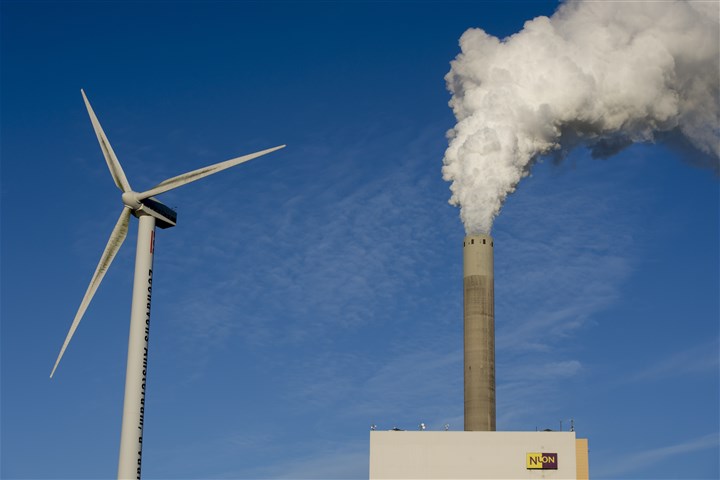Climate change mitigation expenditure by the government

Climate change mitigation expenditure by central government increased from 900 million euros in 2007 to more than 1.1 billion euros in 2015. In 2015, climate change mitigation expenditures equaled 0.36 percent of total government expenditure and 0.16 percent of GDP. Between 2013-2015 these expenditures have remained more of less constant.
| % of GDP (% of GDP) | |
|---|---|
| 2007 | 0.15 |
| 2008 | 0.13 |
| 2009 | 0.19 |
| 2010 | 0.2 |
| 2011 | |
| 2012 | |
| 2013 | 0.17 |
| 2014 | 0.18 |
| 2015 | 0.16 |
Mitigation is the term used in climate policy for measures that are designed to reduce emissions of greenhouse gases such as carbon dioxide (CO2), methane (CH4), nitrous oxide (N2O) and a number of fluorine gasses (HFCs, PFCs and sulfur hexafluoride). The government’s climate change mitigation policy focuses on reducing greenhouse gas emissions by industries and households. In climate change mitigation, expenditures on climate adaptation are not included.
The issue
Governments play a key role in fostering green growth by setting framework conditions that stimulate greener production activity and consumption behaviour through regulatory, economic and other instruments. The main challenges are to develop effective and efficient policies for emission reductions and to limit the environmental impact. At the same time, these activities must be harnessed as a source of economic growth and international competitiveness, trade and employment.
Analysis
The bulk of expenditure towards climate change mitigation is incurred by central government. Municipalities also play an important role by subsidising local energy conservation projects. Of the 1.1 billion euros which were available for mitigation in 2015, the larger part was spent on subsidies, namely 870 million euros. The most important subsidy schemes are the MEP subsidy and its successors (SDE and SDE +) to support renewable energy production. In 2016, 900 million euros in MEP and SDE subsidies were awarded, mostly for biomass and wind projects, while the Investment Subsidy for Renewable Energy (ISDE) subsidy was started as well. With the ISDE, the government wants to promote the use of sustainable heat by Dutch homes and businesses rather than natural gas, e.g. by purchasing solar boilers, heat pumps, biomass boilers and pellet stoves.